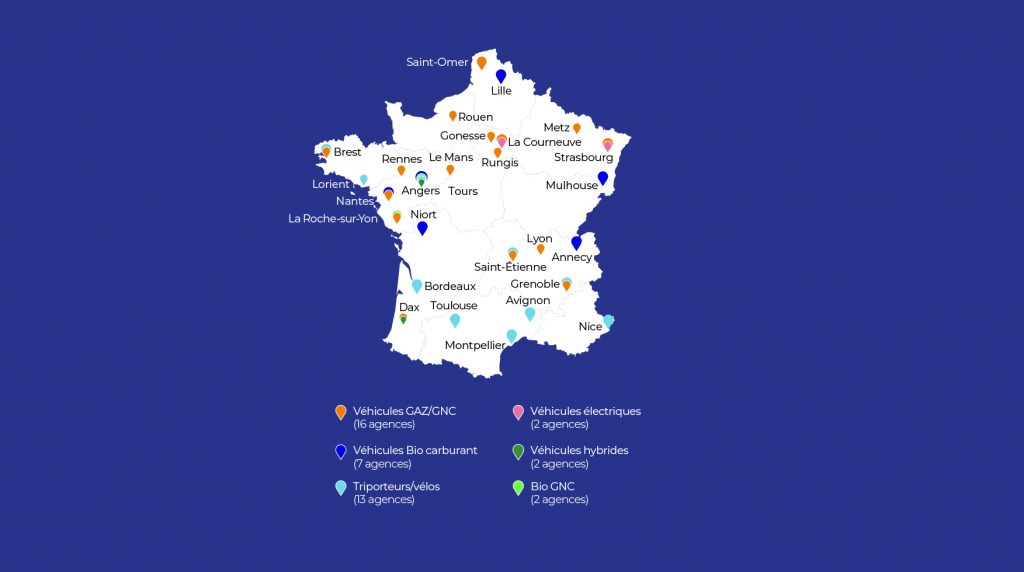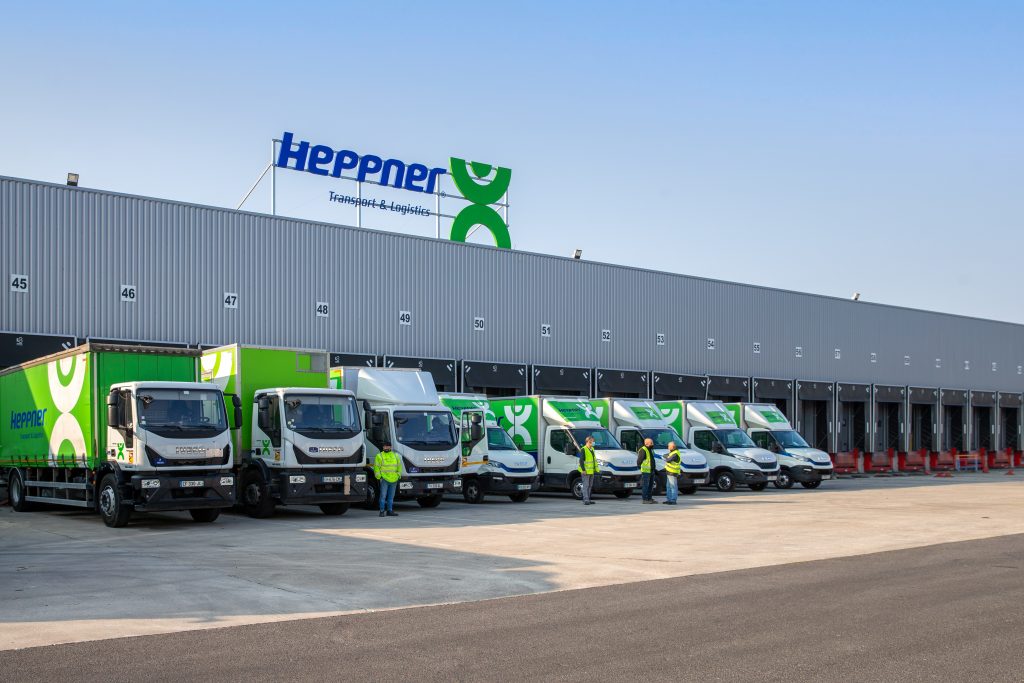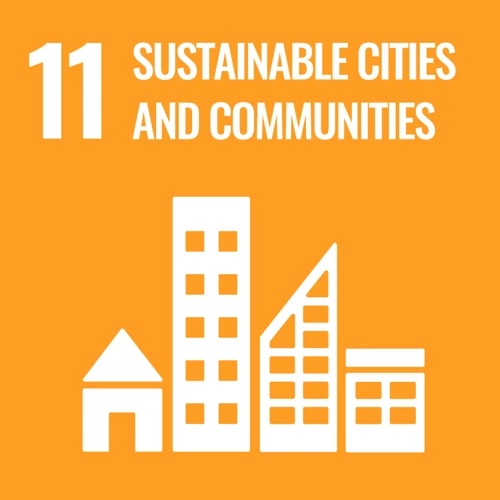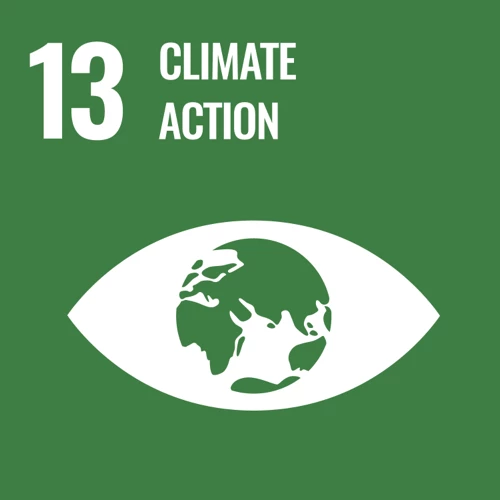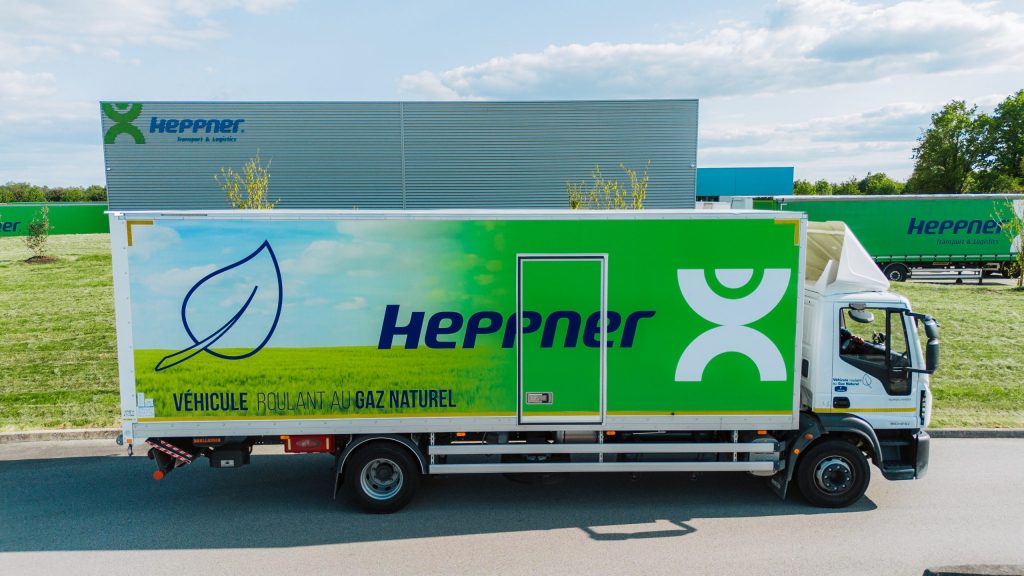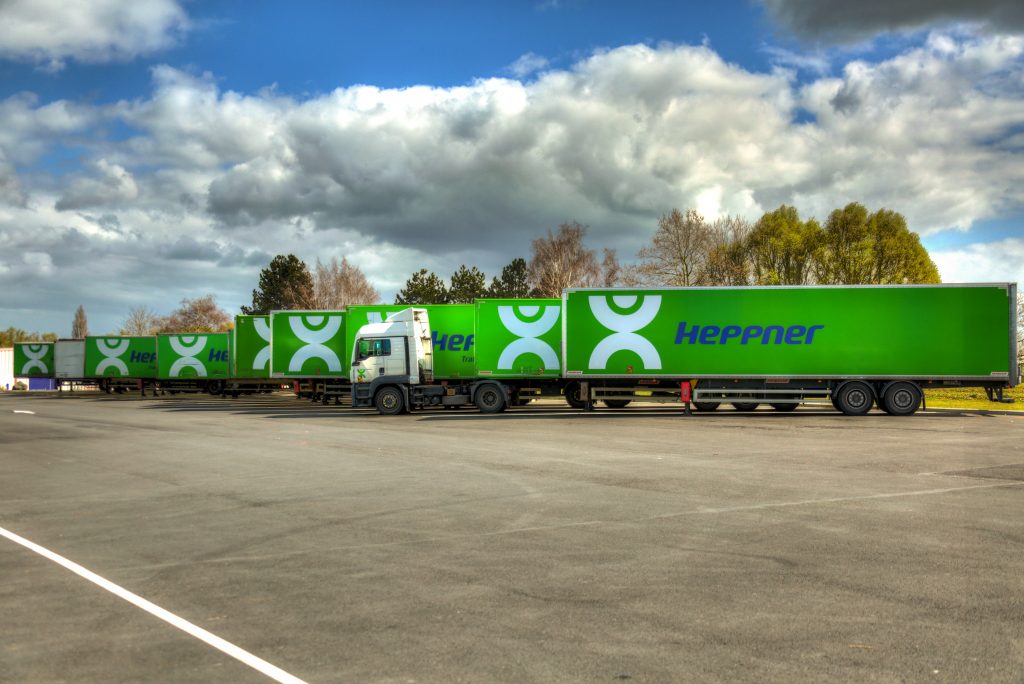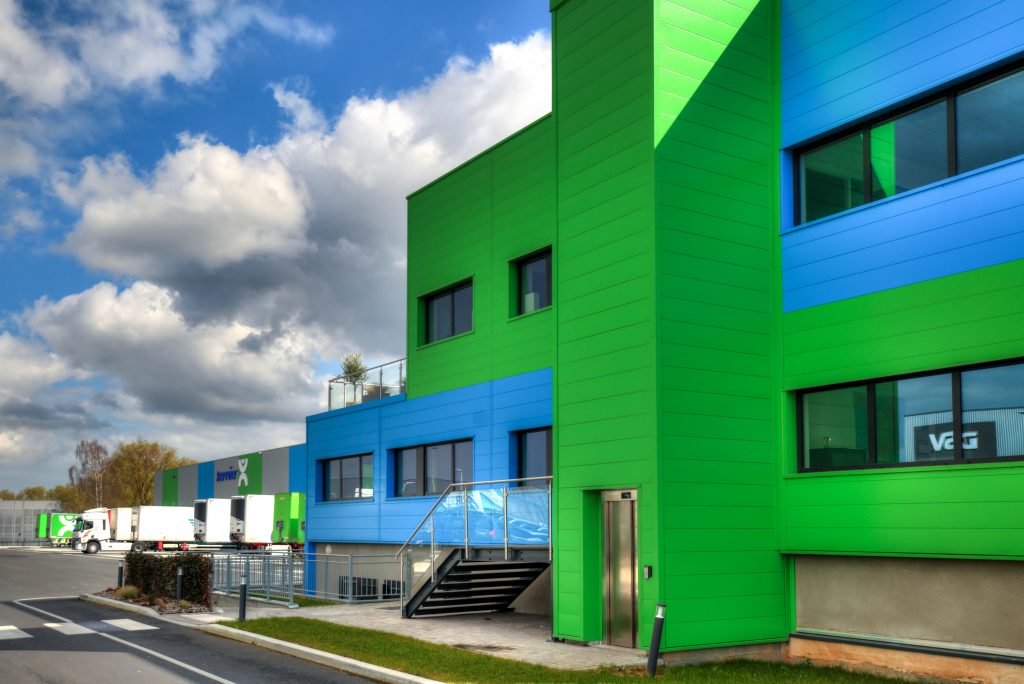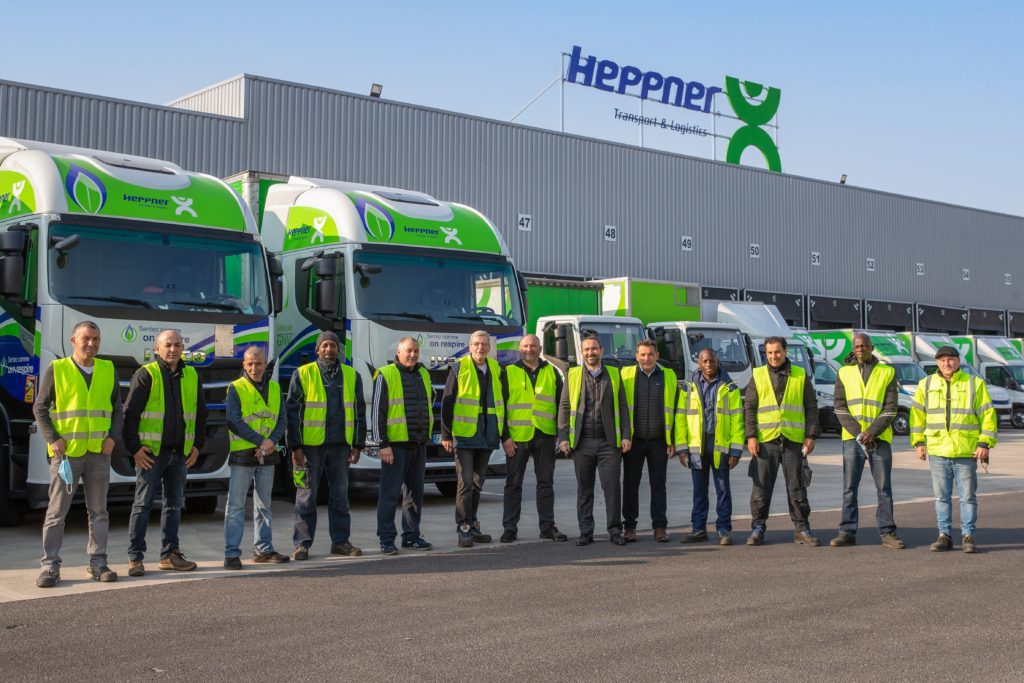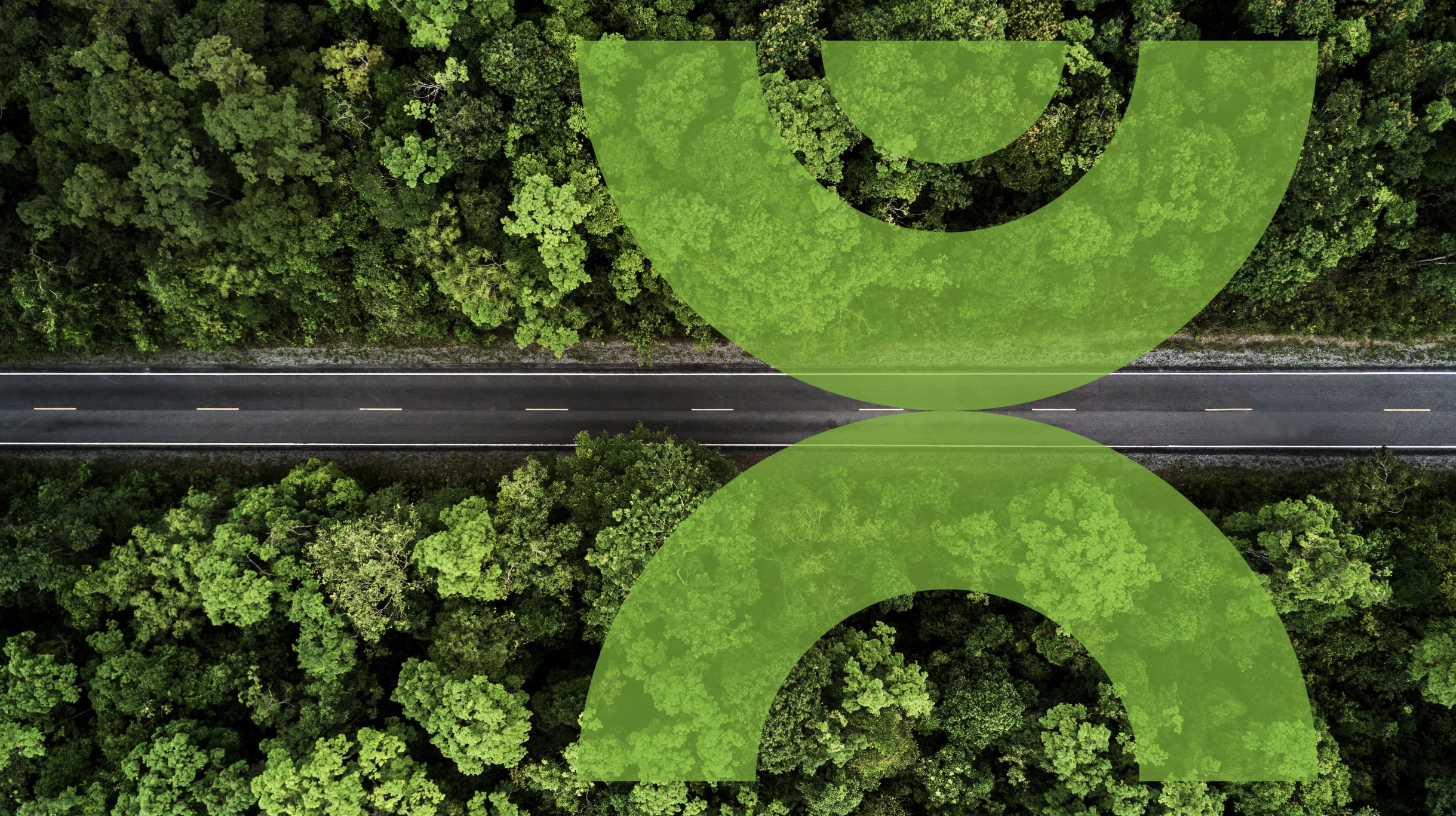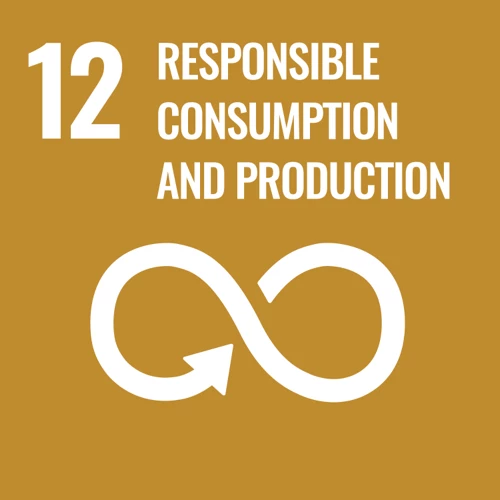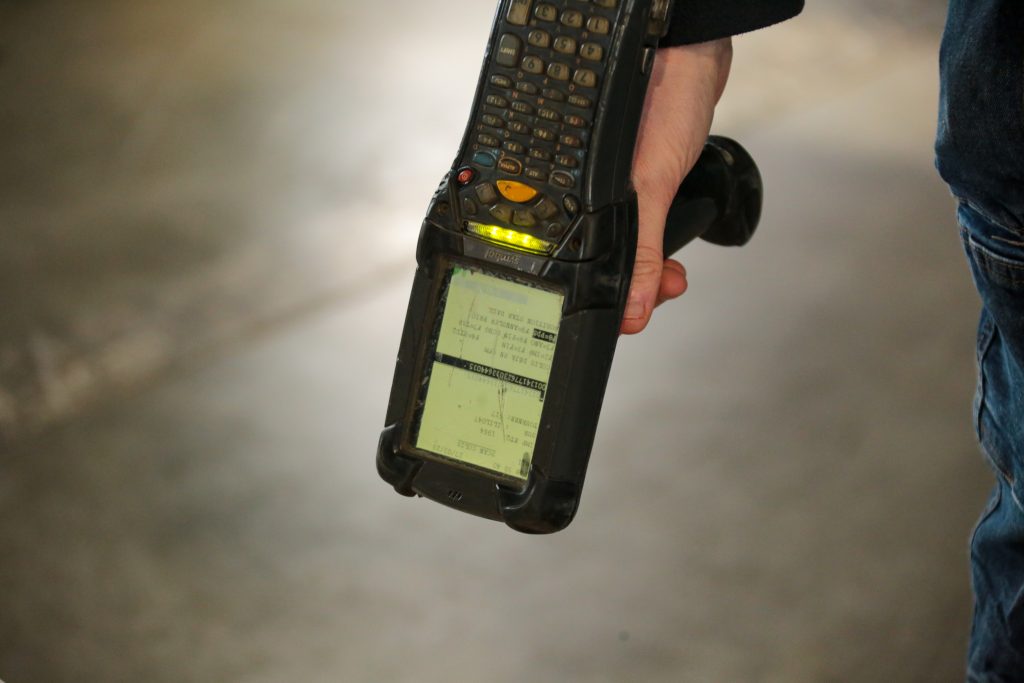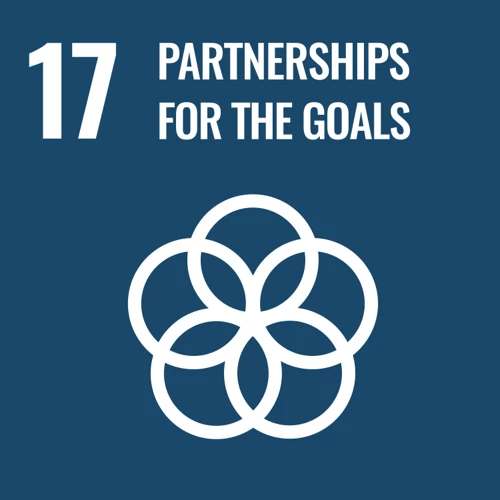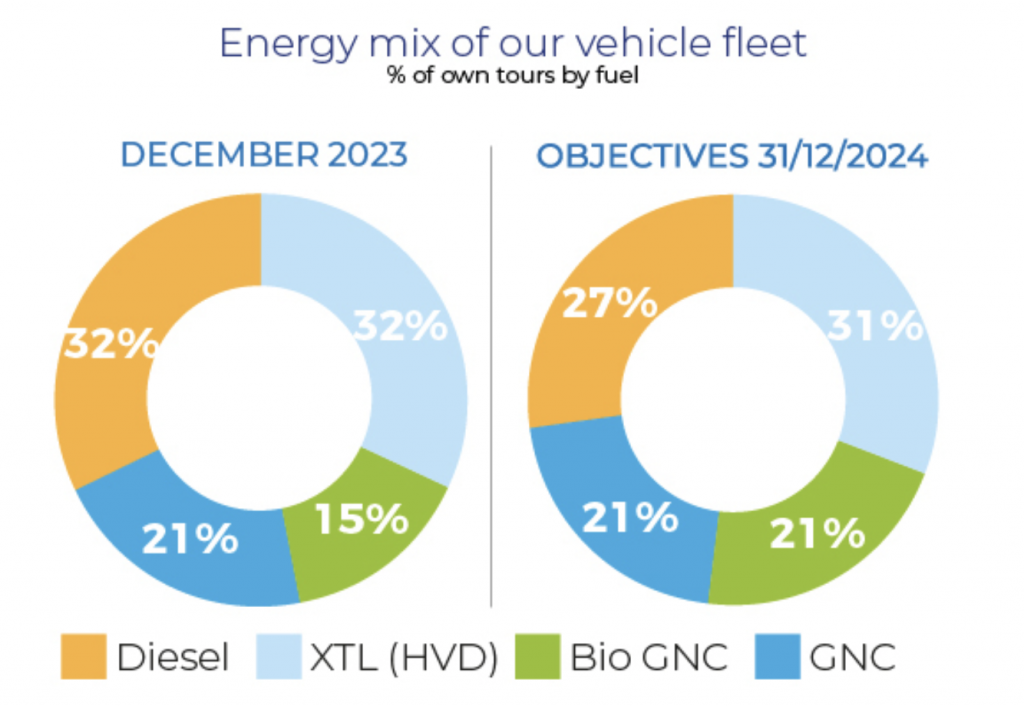
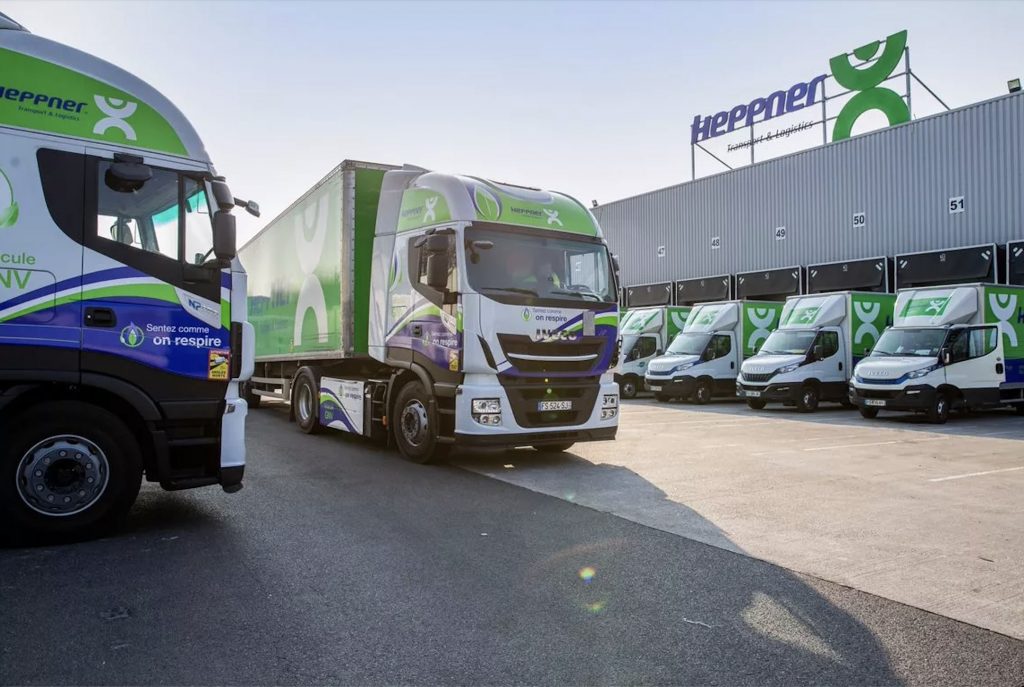
Increasing the number of Euro 6 distribution rounds and the development of low-emission (LE) rounds
Our energy transition programme is also committed to modernising our diesel fleet, with the aim of eliminating vehicles that are Euro 5 or lower on all routes by 1 January 2025. Reducing fine particulate matter, which causes respiratory diseases, particularly in large cities, is one way of improving our energy mix.
On all Heppner France routes (operated by Heppner vehicles or subcontractors), use of Euro 5 vehicles and lower has been reduced from 21% in January 2023 to 11% in January 2024, replacing them with Euro 6 (increasing from 64% to 66% during the same period) and Low Emission vehicles (increasing from 15% to 23%).
The branches exceeded their Euro 5 conversion targets by 6% (94 routes converted vs. 89 in the 2023 target). This transformation will continue in 2024, with the goal of eliminating vehicles with Euro 5 or lower engines from all routes by 1 January 2025. 66% of the 2023 Low-emission (LE) route conversion targets have been achieved, with 35 partner commitments out of the 52 planned. Some regions have exceeded their targets or succeeded in obtaining commitments that were not anticipated, reflecting our partners’ proactive approach to the energy transition.
Thus, on average, Heppner France was able to deliver to 23% of the positions entrusted to us with low-emission vehicles by the end of 2023. The most advanced regions reached 50% of positions delivered with LE vehicles (Vendée Charentes, for example).
Implementation of the conversions obtained in 2023 will enable us to reach an average of 30% of positions delivered with LE vehicles by the end of 2024.
Continued development of NGVs
The advantages of NGV vehicles
- -80% less CO2 for bio-NGV compared to Euro 6 diesel (-5% for fossil NGV)
- -95% less fine particulate emissions compared to Euro 6 diesel
- Derived from the circular agricultural waste-to-energy chain, bio-NGV is an energy produced locally, in France.
Evolution of the urban fleet and challenges of LEZs
At the end of 2023, the routes operated by electric and hybrid vehicles were still marginal, basically due to structural reasons such as the availability of vehicles and charging systems.
It is planned to deploy operational solutions by 2025 and this will require:
- An evolution of the fleet: Heppner won the “Ecosystem” call for projects for electric heavy goods vehicles launched by the ADEME in 2023. Signature of the agreement with the ADEME will enable Heppner to obtain €470,000 in funding to prepare the deployment of 16 electric heavy goods vehicles and 36 charging points for 9 Heppner branches in France by 2025. The project will save an estimated 438 TeCO2/year in carbon emissions. The total investment by Heppner in installing charging solutions (charging points, transformers and civil engineering) will amount to over 1 million euros for the first 9 branches.
- Implementing charging solutions (charging points, transformers and civil engineering) in which Heppner is investing approximately €1 million for the La Courneuve and Lyon sites.
- The development of cycle logistics: This new urban delivery format offers many benefits, such as easy access to city centres, no noise and no GHG emissions. With the use of battery-assisted vehicles, it is possible to transport volumes up to one pallet, and it fosters local employment and entrepreneurship. At the end of 2023, this mode of transport accounted for 1% of Heppner’s delivered positions, but it has already been adopted in 20 French cities and one city in Germany.
The Low Emission Zone (LEZ) and urban logistics
To date, 11 cities have set up LEZs, limiting entry to certain types of vehicles. By 2025, the number is expected to reach 45.
Christophe Schmitt, Institutional Relations Director
“Heppner chairs the urban logistics committee of the French Union of Transport and Logistics Companies (TFL). In this capacity, we co-lead the coordination committee for the French LEZs – which all have different regulations. One of the key issues in the energy transition is the availability of refuelling infrastructure, so we are working with the EPCIs (Public Establishments for Inter-municipal Cooperation) and private players in the territories to implement shared solutions.”
